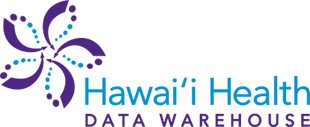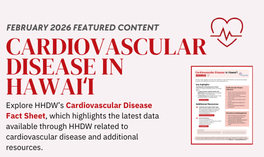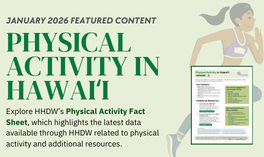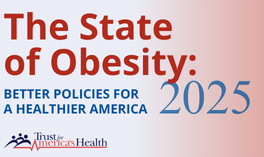The 2021 KIDS COUNT Data Book is an annual report produced by the Annie E. Casey Foundation to assess the well-being of children in the United States. The 2021 KIDS COUNT focuses on sixteen indicators measuring four domains: health, family & community, education, and economic well-being. In 2021, Hawaii ranked 6th among states in health and 16th in family and community, but it ranked 32nd in education and 44th in economic well-being. You can find out more by reading the 2021 KIDS COUNT Data Book and Hawaii Profile on HawaiiHealthMatters.org or exploring their Interactive Data Book online.
Here are some highlights.
- Health Insurance: In 2019, only 3% of Hawaii’s children lacked health insurance compared to 6% nationwide. Children with health insurance are more likely to have a regular source of care they can access for preventive care services and developmental screenings, to treat conditions or to address injuries.
- Births to Resident Teens Age 15-19: The teen birth rate has dropped in half from 33 per 1000 in 2010 to 16 per 1000 in 2019. Teenage childbearing can have long-term negative health and economic effects for the mother and child.
- Math Proficiency: 72% of children 8th graders were not proficient in math. Students with strong math and science skills are more likely to graduate high school, attend college and complete a degree.
- Economic Well-being: In 2019, 12% of children inHawai‘i were living in poverty. Growing up in poverty increases the likelihood that a child may be exposed to factors that impair cognitive development and lead to poor academic and health outcomes.




